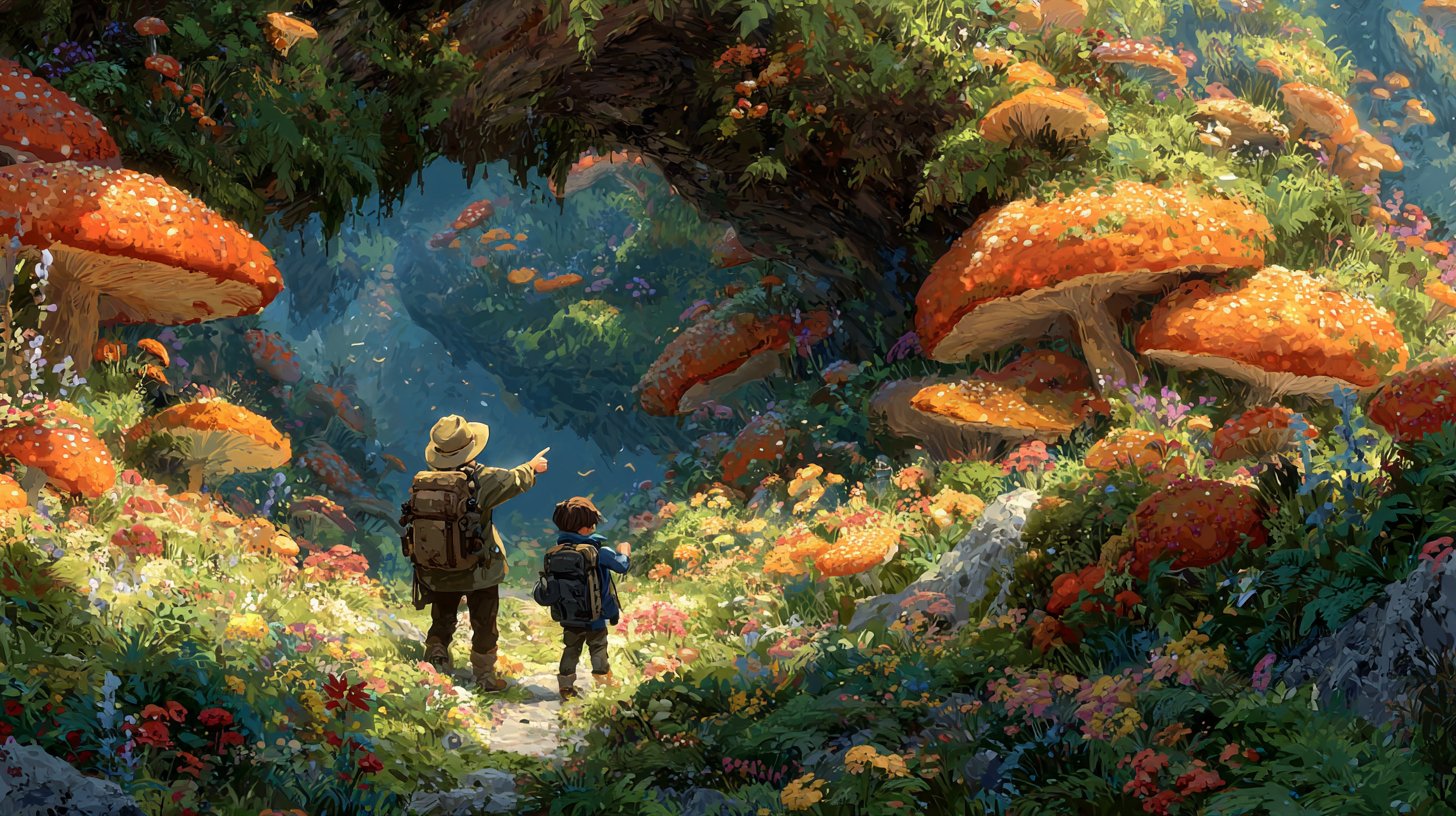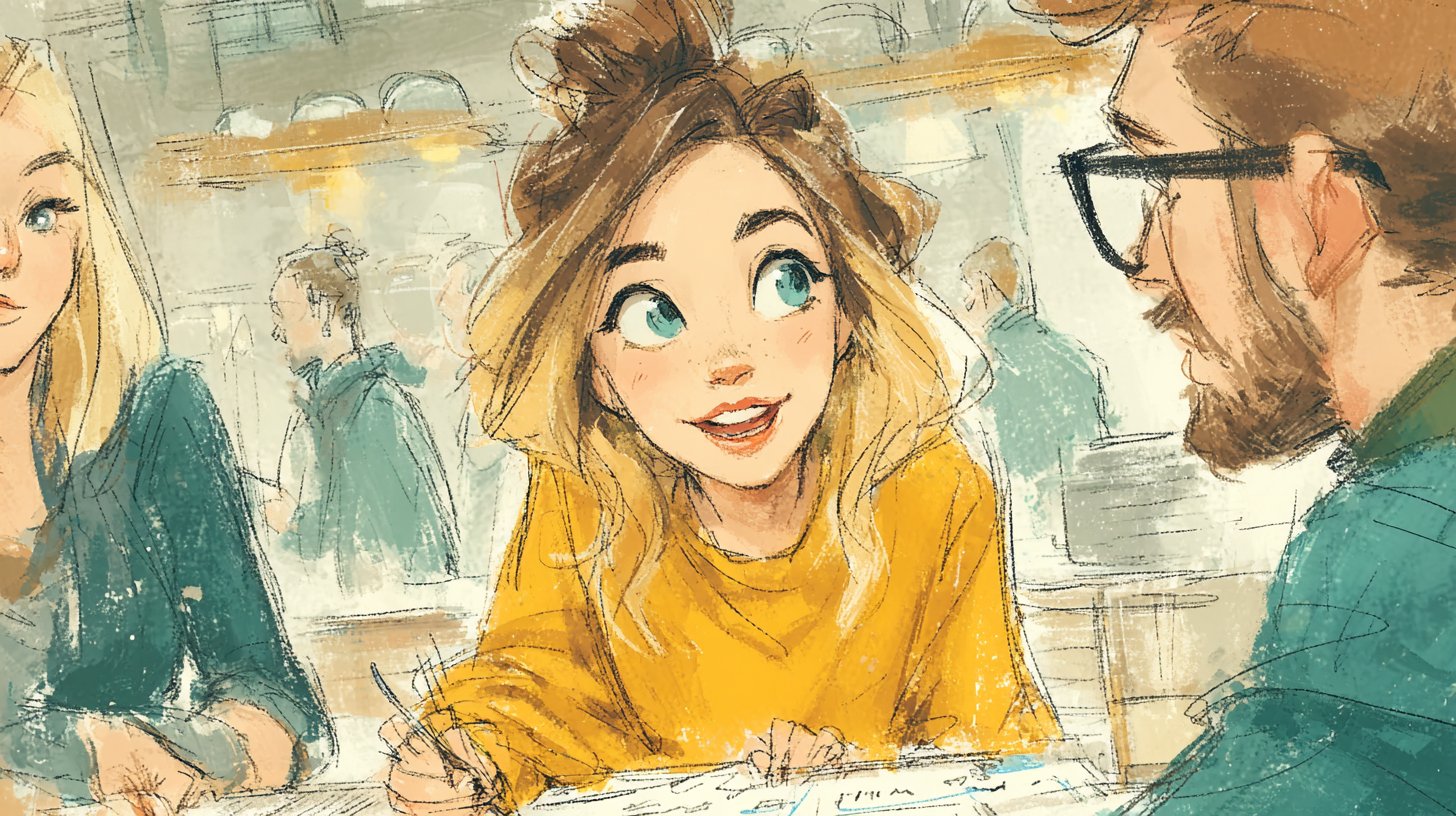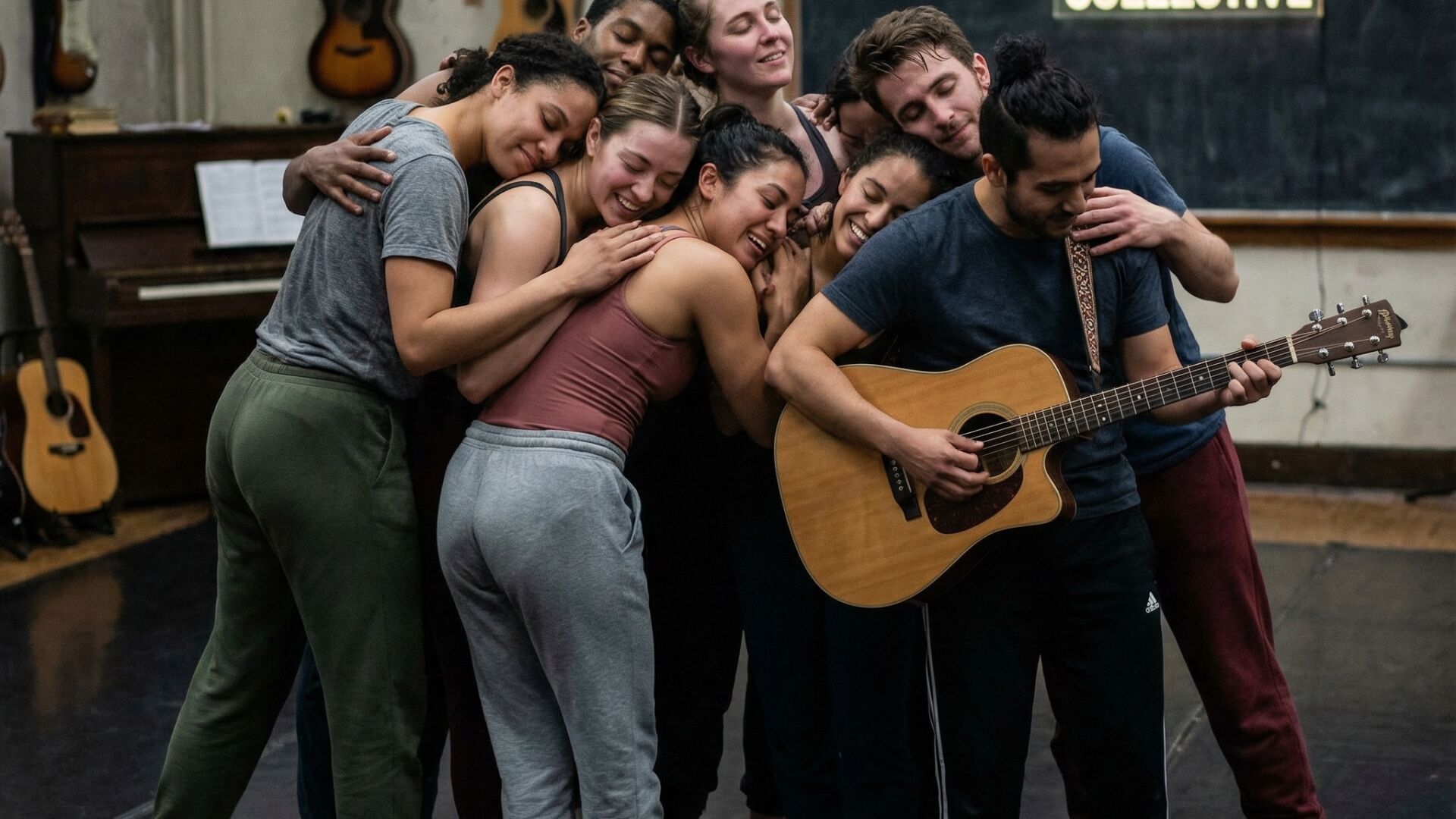Exploring Together: How Friendships Promote the Joy of Experimentation

Friendship, natural sciences, joy of experimentation – these three terms not only describe an important phase in a teenager's life but also show how much fun learning with friends can be. When you are in a group of peers, not only do the opportunities for experimentation grow, but a space for creative ideas and collaborative learning is also created.
Adolescence is a formative phase in which many interests and talents emerge. For many teenagers, natural science is not just a school subject but an area full of spontaneous discoveries and exciting experiments. When friends come together to explore scientific questions, learning becomes a much more entertaining and intensive process. Instead of sitting alone at a desk, you can discuss with friends, exchange ideas, and gain practical knowledge firsthand.
Discovering New Things Together
One of the main advantages of friendships in science is the promotion of collective discovery. When you and your friends work on an experiment, it's not only easier but also much more exciting. This is because each of you has unique perspectives, and these different viewpoints often lead to more creative solutions. Additionally, the shared curiosity motivates you to learn more about the world. In this way, you can collaborate in a fun environment while exploring new things in an exciting way.

Teamwork as Key
Collaboration in groups not only teaches you the basics of scientific concepts but also helps you develop teamwork and communication skills. In school, it is often emphasized how important it is to complete individual tasks, yet often the best results come from group projects. By working together, you learn not only the theory but also get to experience how various scientific principles are applied in the real world. Solving problems together makes the process exciting and unforgettable.

Friendship as a Source of Inspiration
Friendships inspire you to continue learning and remain curious. When you hear a friend talking about their latest scientific project, you might be inspired to do something similar or even conduct more advanced experiments. An exchange of ideas in a friendly atmosphere can lead you to push your boundaries and make exciting discoveries. Whether it's a simple experiment at home or complex projects at school, the support of your friend circle can help you stay motivated and inspired.

In summary, friendships play a significant role in fostering the joy of experimentation and interest in natural sciences. They provide not only a social framework but also a platform for creative thinking and learning. When you are motivated by friendships to explore applications of scientific concepts and creative problem-solving, you will not only learn a lot about the world around you but also spend valuable time that will shape you.
So make the most of your time with your friends to explore the exciting world of natural sciences together. It will not only strengthen your friendships but also impart lifelong skills and a loving thirst for knowledge. Remember: learning does not have to be boring! With the right friends by your side, it can be an adventurous journey.


